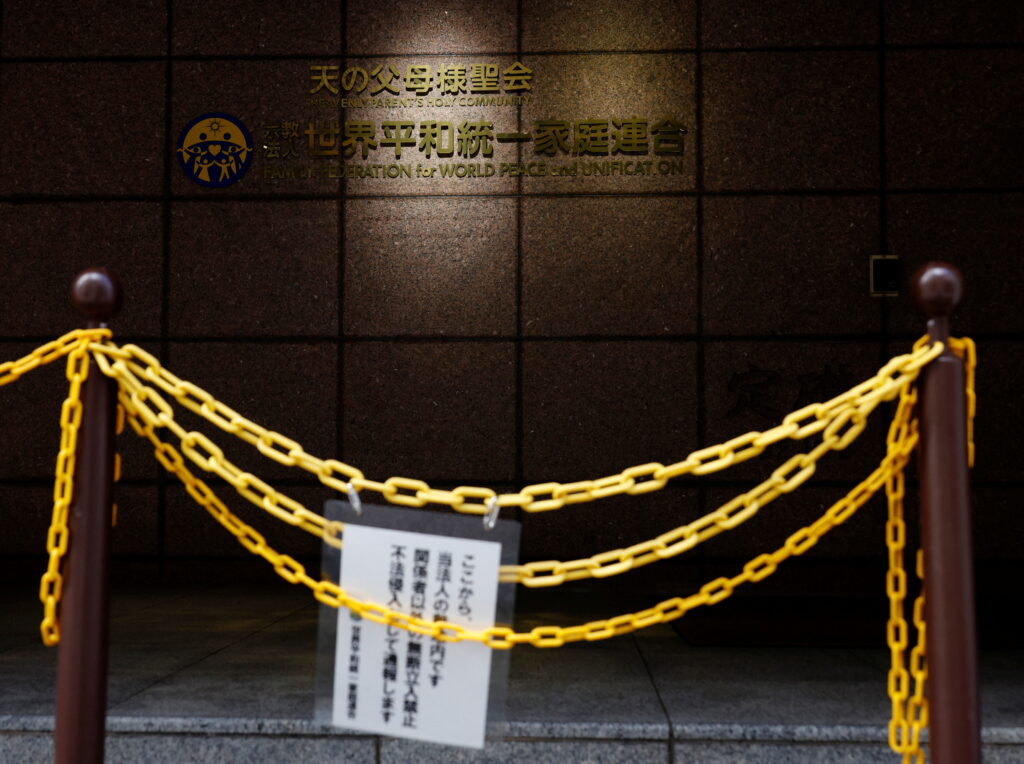Shattered Faith: How Japan's Legal Crackdown Exposes the Unification Church's Dark Shadows

In a landmark legal decision, the Tokyo District Court has dealt a significant blow to the controversial Unification Church, ordering its dissolution—a rare judicial action that has occurred only twice in the past three decades. Despite this decisive ruling, the church is expected to continue casting a long shadow over the leadership of Japan's Liberal Democratic Party (LDP), creating ongoing challenges and potential political complications.
The court's decision marks a critical moment in the church's tumultuous history in Japan, signaling a potential turning point in its relationship with political institutions and public perception. However, the church's deep-rooted connections and resilient organizational structure suggest that its influence will not be easily dismantled, leaving the LDP leadership bracing for continued scrutiny and potential fallout from its past associations.
